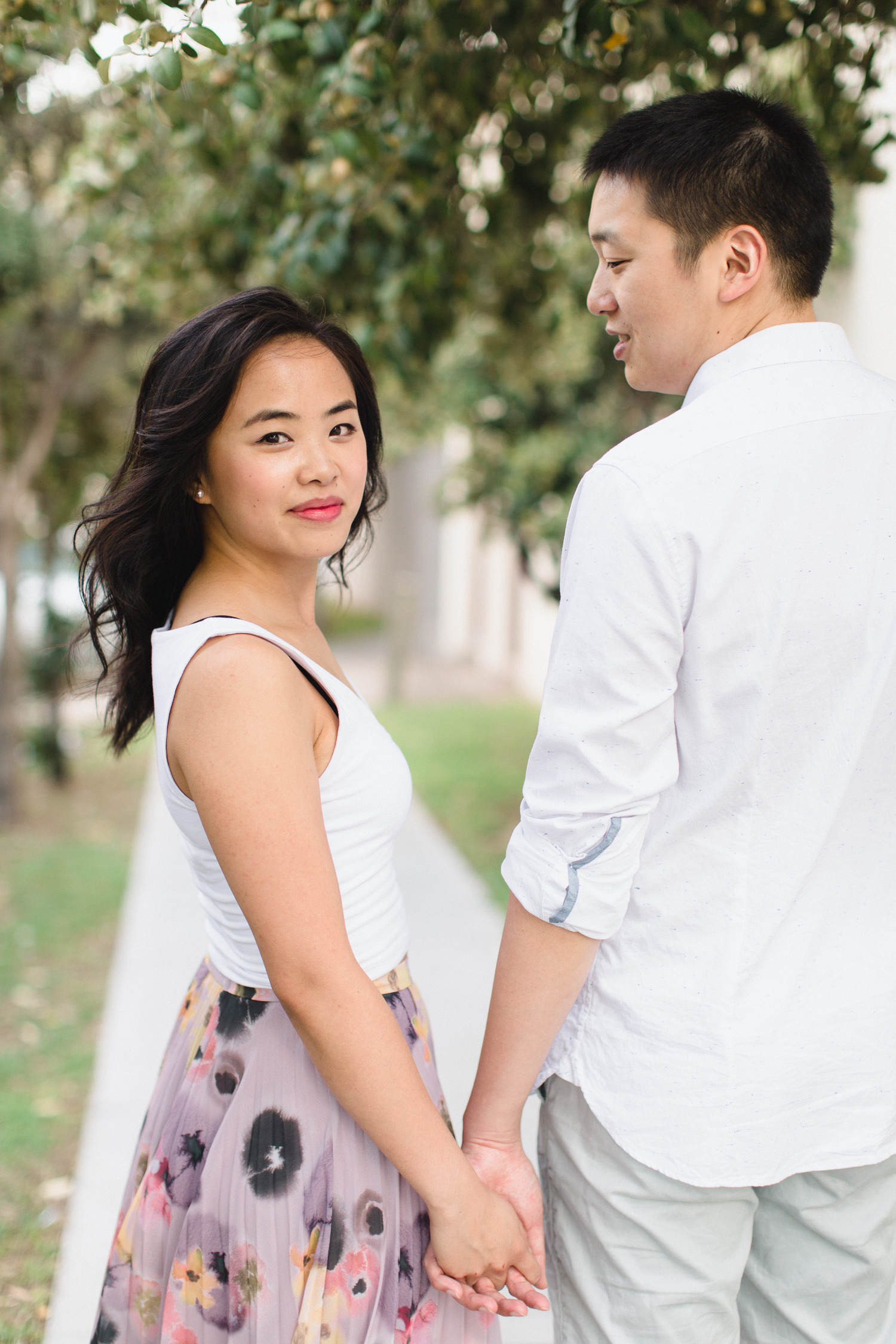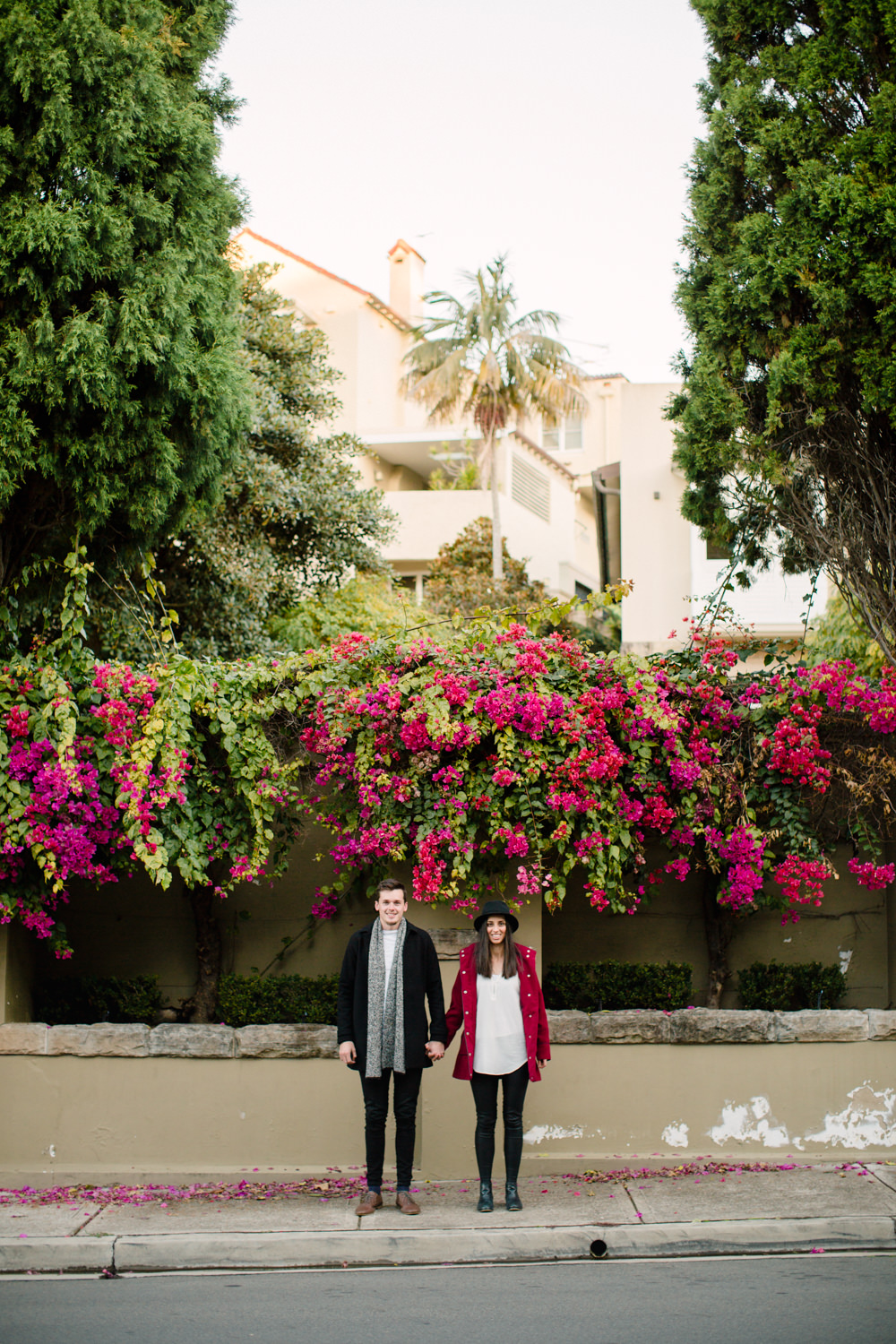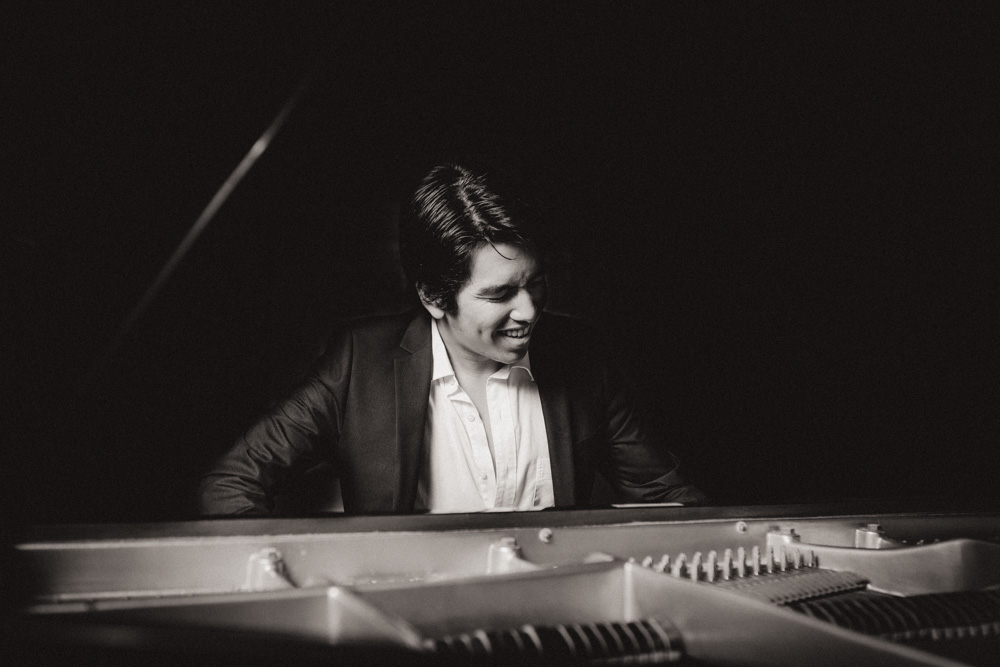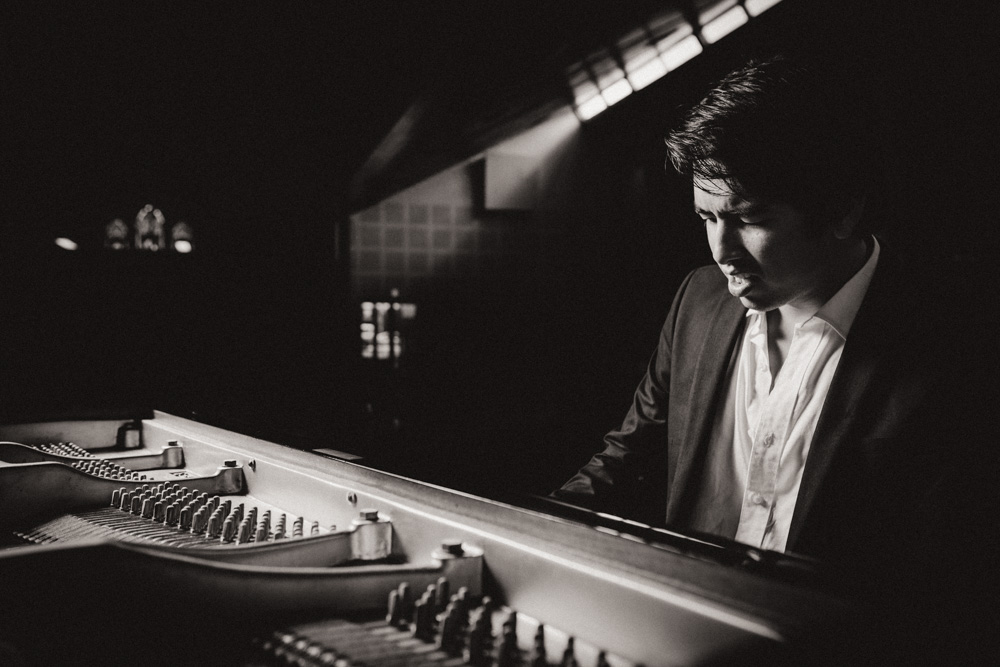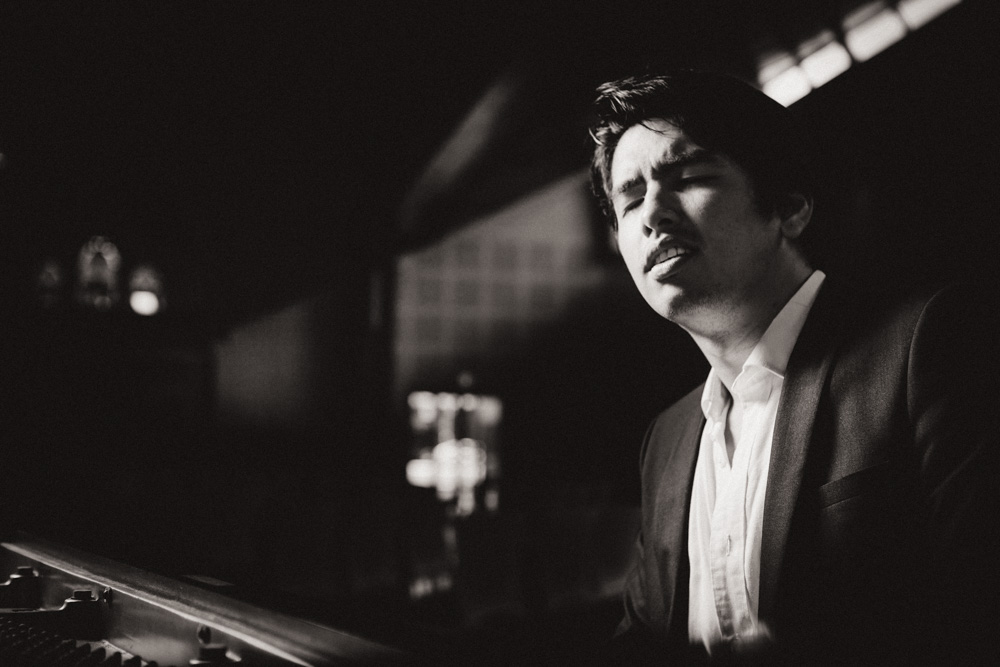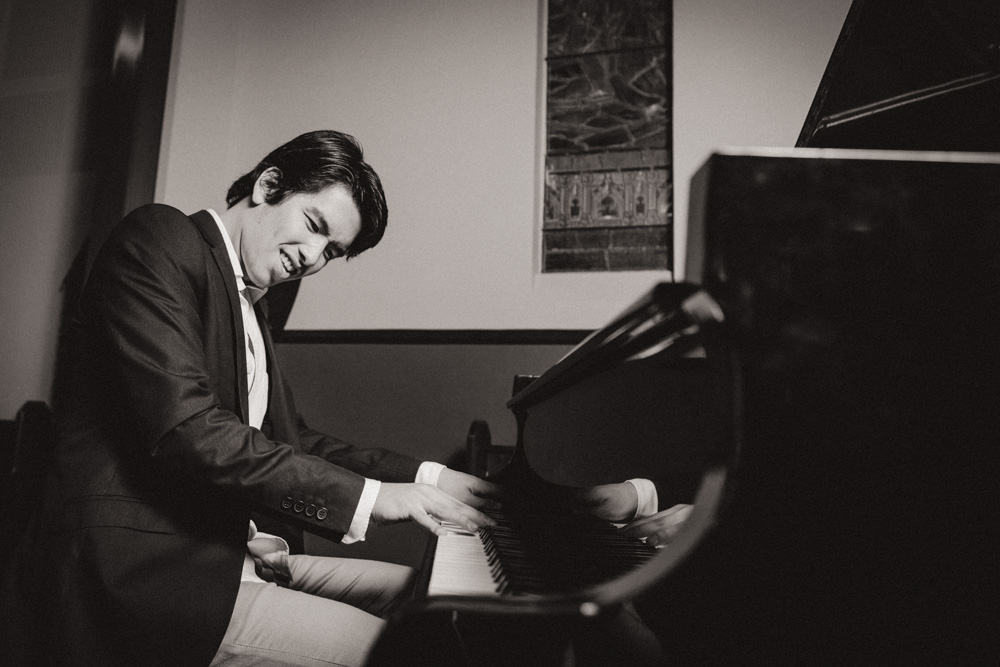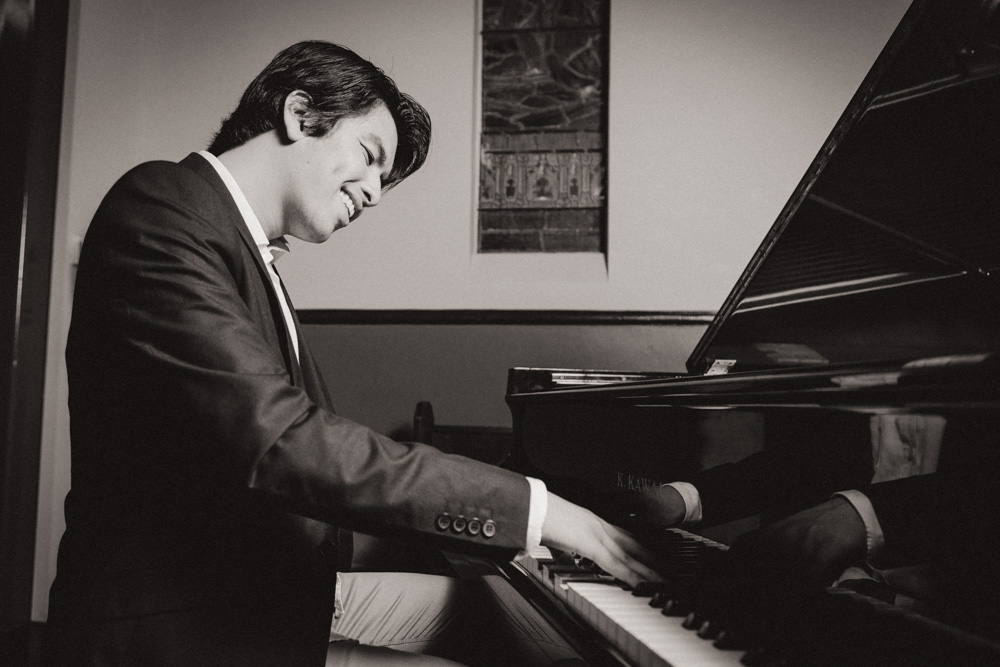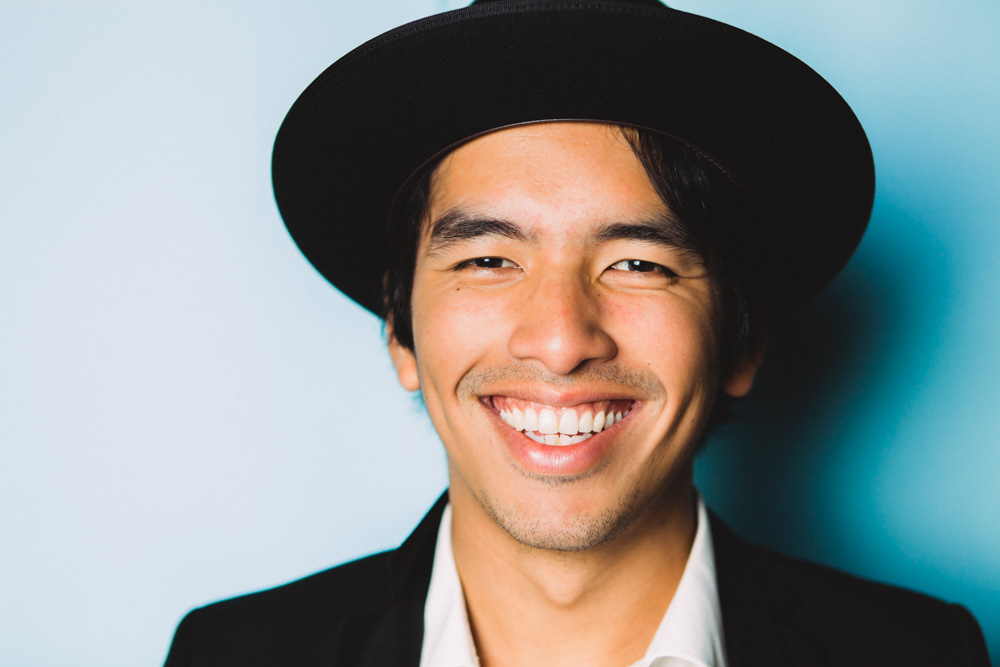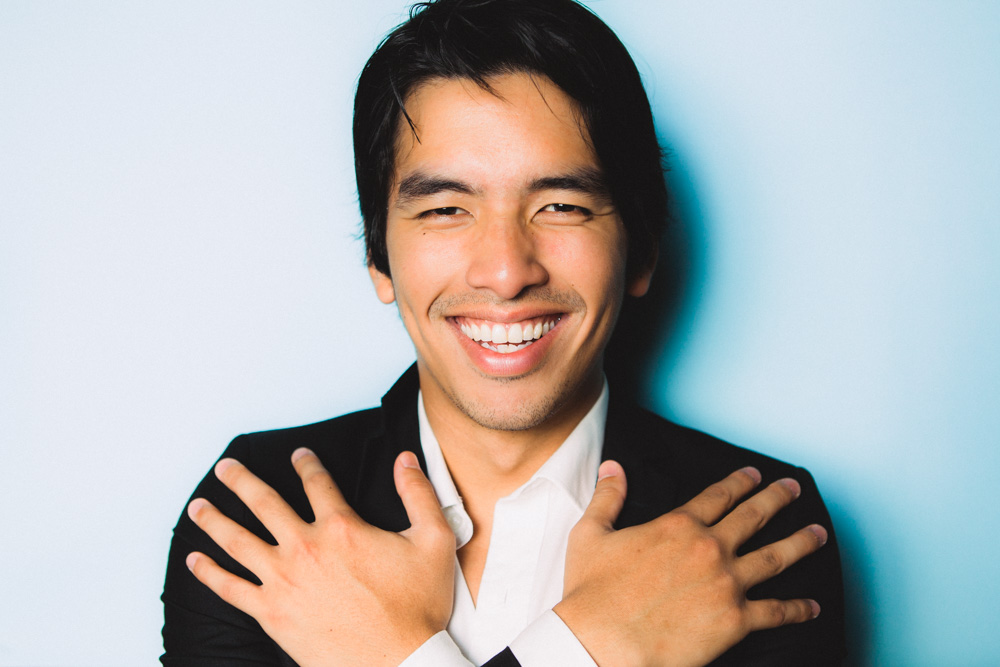Can you describe for me what you do for a living?
I help people keep their empowerment. With my community care job, the idea is to keep people in their homes so they still maintain a sense of independence rather than go into a nursing home and lose their spirit.
With art therapy, I help people to understand themselves better. I try to figure out where they want to go in their lives and unlock things that are holding them back. Basically, I just want to help people be happy.
You’re helping people overcome their personal challenges. I suppose everyone needs help at different points in their lives. Who is a typical client for you?
They tend to be mostly elderly. Some of the people with chronic illness such as cancer are often younger but I have a lot of clients with dementia too. Some people are really old and their minds are completely on the ball but their bodies are falling apart. They need help showering or just someone to help them do their shopping.
So your caring extends to not just the mind, but it encompasses the body as well.
Yes, it’s a holistic approach. So all the tools that I have are about working with the person to determine what they need in their current state of mind.
What moment of the job do you find most rewarding?
I have realised that it doesn’t matter what age somebody is; everyone has their own spirit. There’s a spark that everybody has regardless of their age or sickness.
The people I work with are towards the end of their lives so there is a lot of reflection and insight into how a good life can be lived. That’s an amazing thing to share with people.
Absolutely, it’s definitely a privileged job in that respect. Have you always wanted to be an art therapist, or did it take you a while to find that path?
Well over the last five or six years, I have looked into alternative medicine and psychology, natural medicine and art therapy towards the end of my exploration. I knew that I always wanted to be able to help people out. I wanted something on the spiritual side and to remain very grounded and realistic.
I also wanted to do something where I could meet people, regardless or where they were at physically or mentally. I found that art therapy fit because I paint and am quite creative. I find those things really healing for myself too.
What do you consider to be your greatest achievement?
Completing my studies last year in transpersonal counseling art therapy. That was a two-year course but it was a big journey. I have never been very studious. I pick things up and don’t finish them so that was something I was really happy to have completed.
Well done! What forms of expression do you use with your art therapy?
We paint, draw, make collages, and meditate.
We spend time talking to the body. Sometimes the mind can trick us. It can make up a whole lot of stories and give us a really hard time. So I use meditation to help people calm down and get grounded. Guided visualisations can help people access different parts of themselves in their internal world rather than external.
A lot of the different processes do different things. I might have a client who is a bit scattered and doesn’t know what they’re doing in their life. I can suggest to complete a collage so they can visually see the story that has come from their sub conscious.
Then we can have a dialogue where I ask them questions like “What does that mean?”, “Why did you put that word next to that one”, or “Does that remind you of something?”, It creates a story and it becomes really, really simple. Best of all, it comes from them.
I can’t tell people who they need to be or how to feel. So it’s all about figuring it out for themselves.
How often do you usually see your clients?
Well I’ve been doing art therapy groups at a community centre. I think in terms of groups, it’s good to do a four-session group because then you have a thread and you can go deeper. If you’re going through something challenging it’s good to see someone for four to six sessions so you can get a good view of what is happening.
Obviously you place a big importance on keeping things grounded but you also love to travel. Do you find that you’re at your happiest when meeting new people and discovering new places?
Absolutely. I love traveling. I think there is something inside me that is never satisfied. That part drives me to have really ‘out there’ experiences. So travel means that there is always something new for me; new places, people and food. I really love new cultures and indigenous communities.
My happiness comes down to being with the people I love and living near the ocean.
What is your favourite journey?
I try to go away once a year, at least. I have been traveling for the last seven years. The first trip I went away for about a year, and then every trip since has been a few months at a time. I have probably been to between 15 and 20 countries. Each of them very different; throughout Europe, Southeast Asia, four months in India, Indo four times, America, South America twice.
India was amazing. People told me that I needed to surrender when I went to India. I didn’t quite understand what that meant until I went there. You either love or hate it but it changes your life. It definitely changes your mind. There’s nothing that compares to that reality over there. It’s really amazing.
Is there a particular story or unforgettable moment from India that you can share?
I guess what happens is that you learn a lot of lessons about yourself. The reason it changes your life is that it can change things that you might be really fixed on and the way you see the world. I have always been a bit hard on myself, which comes back to the never satisfied statement earlier, so I have high expectations.
Listen to Lucy’s epiphany that occurred on a train journey in India.
We are pretty lucky to be living in Sydney. It sounds like the places you have traveled to break down a lot of misconceptions. Colombia for example, we tend to only hear about the danger and drugs but there is obviously a lot of beauty there as well.
Absolutely. There’s beauty, passion, culture and people dancing in the street on a Sunday night because that’s what they do every week in their community. I really like Sydney but I think traveling has helped me create who I want to be in my own mind. It breaks down barriers of what society or my family has put onto me.
Yes, it makes you question what is “normal”. If you lived outside of Sydney, where would it be? Is it a goal of yours to live overseas?
I don’t really feel like Sydney is home because I have only lived here for about five years.
I grew up on the mid north coast. My Dad passed away three and a half years ago and I inherited a little house up there that he built. So I can always live there, but I’ve always seen myself in one or two places: northern New South Wales, or somewhere overseas. I need somewhere warm, near the ocean and room for a big vegetable garden.
Since I was a little girl I have always wanted to live in Bali. I have just returned again. There’s something really magical about it. I don’t think I’d want to live there permanently but it keeps drawing me back.
I definitely don’t want to live the city life. I want to have kids and would rather them be able to run around outside without me being worried that they’ve going to get flattened by a car.
You have talked about the amazing experiences you have had overseas, have you got a story about a time when things weren’t so amazing?
Listen to Lucy’s dangerous experience in Colombia.
Would you travel by yourself or do you think that the experience is greater when shared with someone else?
For me, I’m a people person although I do like time on my own to reflect. I have found that I learn a lot about myself while I am surrounded by other people. I went to South America two years ago, I was in Argentina, Bolivia, and Peru. I was on my own for about three months and found it really hard. I was going through a hard time and realised that happiness is best when shared.
I have made some of my very best friends overseas. One friend I met in India, she’s English, and now she lives in Colombia. I went and visited her last year and we are like soul mates now. So I’ve met really, really great people traveling.
What do you think is your most marked characteristic?
Probably my long curly hair. When I was traveling through Europe, I had hair like this and turned it into dreadlocks. So I had dreadlocks for a year and a half and came back from overseas with a tattoo as well. My Dad was a little bit disappointed but he was supportive.Laughs. I cut my dreads off a year and a half later.
What is your most treasured possession?
Well I’m not very materialistic but that would have to be my car. I have a 1964 EH Holden, which I have spent way too much money on. Her name is Axel Annie and all my friends ask about her. She has a personality. Laughs.
Listen to Lucy's impromptu performance of her original song “Everything you needed”.
Thank you for your time Lucy.
Photographs and interview by Jason de Plater.




